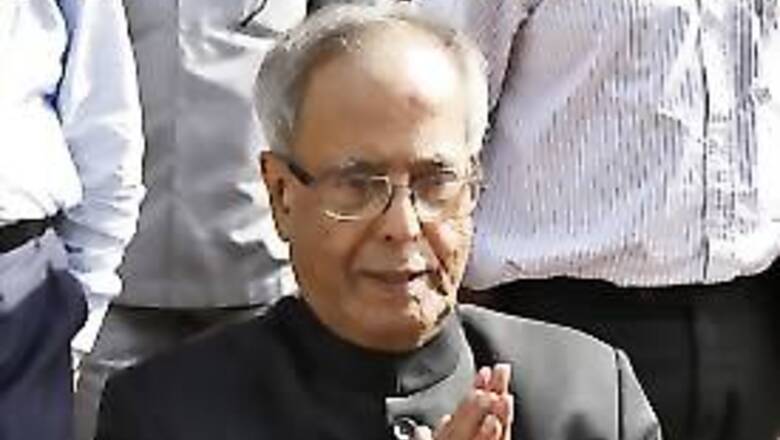
views
People who expose corruption in government or irregularities by public functionaries can now be free of any fear of victimisation.
The Whistleblowers Protection Act, 2011, which provides a mechanism for protecting the identity of whistleblowers -- a term given to people who expose corruption -- got the assent of President Pranab Mukherjee on Friday.
The Act also provides for a system to encourage people to disclose information about corruption or the wilful misuse of power by public servants, including ministers.
As per the law, a person can make a public interest disclosure on corruption before a competent authority -- which is at present the Central Vigilance Commission (CVC). The government, by notification, can appoint any other body also for receiving such complaints about corruption, the Act says.
The Act, however, lays down punishment of up to two years in prison and a fine of up to Rs 30,000 for false or frivolous complaints.
"Any person who makes a mala fide disclosure, knowing that it was incorrect or false or misleading, shall be punishable with imprisonment for a term which may extend up to two years as well as a fine which may extend up to Rs 30,000," according to a gazette notification of the Act issued on Monday by the Ministry of Law and Justice.
The Act says that every disclosure shall be made in good faith and the person making the disclosure shall provide a personal declaration stating that he reasonably believes that the information disclosed by him and the allegation contained therein is substantially true.




















Comments
0 comment